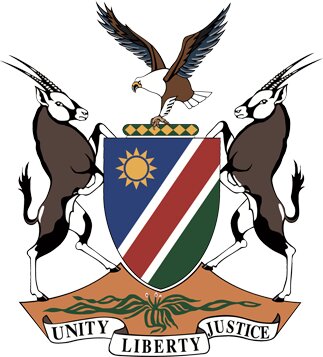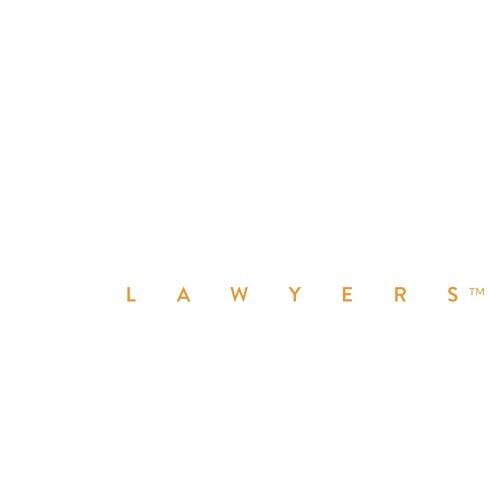Best Adoption Lawyers in Namibia
Share your needs with us, get contacted by law firms.
Free. Takes 2 min.
Free Guide to Hiring a Family Lawyer
Or refine your search by selecting a city:
List of the best lawyers in Namibia
About Adoption Law in Namibia:
Adoption in Namibia is governed by the Child Care and Protection Act of 2015. This law sets out the procedures and requirements for adopting a child in Namibia and aims to ensure the best interests of the child are prioritized in the adoption process.
Why You May Need a Lawyer:
You may need a lawyer to guide you through the complex legal requirements of adoption in Namibia, to help you understand your rights and responsibilities as an adoptive parent, and to ensure that the adoption process complies with all laws and regulations.
Local Laws Overview:
Some key aspects of adoption law in Namibia include the requirement for adoptive parents to be at least 25 years old and at least 21 years older than the child they wish to adopt. Additionally, the law requires that the child's best interests are given paramount consideration in adoption proceedings.
Frequently Asked Questions:
1. Can same-sex couples adopt in Namibia?
No, same-sex couples are not permitted to adopt children in Namibia.
2. How long does the adoption process typically take?
The adoption process in Namibia can vary in length, but it typically takes around 6 months to a year to complete.
3. What are the requirements for prospective adoptive parents in Namibia?
Prospective adoptive parents must be at least 25 years old, be at least 21 years older than the child they wish to adopt, and meet the requirements set out in the Child Care and Protection Act.
4. Can I adopt a child from another country and bring them to Namibia?
Yes, it is possible to adopt a child from another country and bring them to Namibia, but you will need to comply with the laws and regulations of both countries.
5. What is the role of a social worker in the adoption process?
A social worker plays a crucial role in the adoption process by conducting home studies, assessing the suitability of prospective adoptive parents, and ensuring the best interests of the child are protected.
6. Can single individuals adopt in Namibia?
Yes, single individuals are permitted to adopt in Namibia, but they must meet the same requirements as married couples and demonstrate their ability to provide a stable and loving home for the child.
7. Are there any restrictions on who can be adopted in Namibia?
Under Namibian law, only children who are in need of adoption and whose biological parents have consented to the adoption can be legally adopted.
8. What rights do adoptive parents have in Namibia?
Adoptive parents have the same rights and responsibilities as biological parents, including the right to make decisions about the child's upbringing, healthcare, and education.
9. Can I adopt a relative's child in Namibia?
It is possible to adopt a relative's child in Namibia, but you will need to comply with the legal requirements and obtain consent from the child's biological parents or legal guardians.
10. What are the legal implications of adoption in Namibia?
Once an adoption is finalized in Namibia, the adoptive parents assume full parental responsibility for the child, and the child is considered legally and emotionally part of the adoptive family.
Additional Resources:
If you are considering adoption in Namibia and need legal advice, you may contact the Ministry of Gender Equality, Poverty Eradication, and Social Welfare or seek assistance from a reputable adoption agency in the country.
Next Steps:
If you are in need of legal assistance in the field of adoption in Namibia, it is recommended that you consult with a qualified attorney who specializes in adoption law to guide you through the process and ensure that your rights and the best interests of the child are protected.
Lawzana helps you find the best lawyers and law firms in Namibia through a curated and pre-screened list of qualified legal professionals. Our platform offers rankings and detailed profiles of attorneys and law firms, allowing you to compare based on practice areas, including Adoption, experience, and client feedback.
Each profile includes a description of the firm's areas of practice, client reviews, team members and partners, year of establishment, spoken languages, office locations, contact information, social media presence, and any published articles or resources. Most firms on our platform speak English and are experienced in both local and international legal matters.
Get a quote from top-rated law firms in Namibia — quickly, securely, and without unnecessary hassle.
Disclaimer:
The information provided on this page is for general informational purposes only and does not constitute legal advice. While we strive to ensure the accuracy and relevance of the content, legal information may change over time, and interpretations of the law can vary. You should always consult with a qualified legal professional for advice specific to your situation.
We disclaim all liability for actions taken or not taken based on the content of this page. If you believe any information is incorrect or outdated, please contact us, and we will review and update it where appropriate.
Browse adoption law firms by city in Namibia
Refine your search by selecting a city.
















